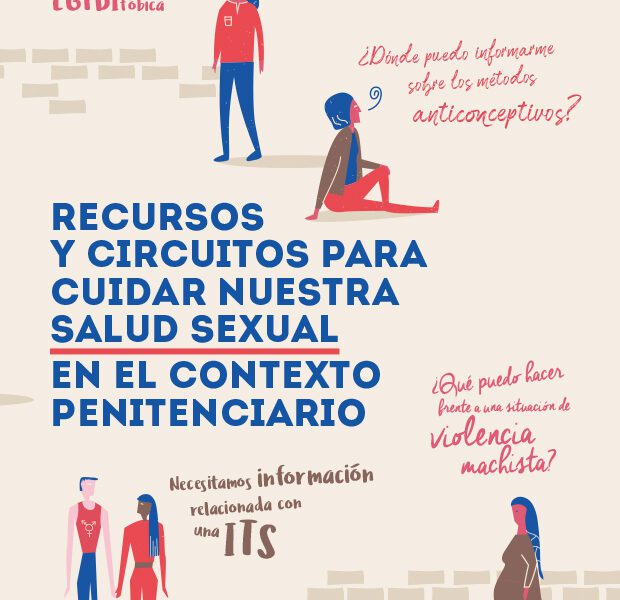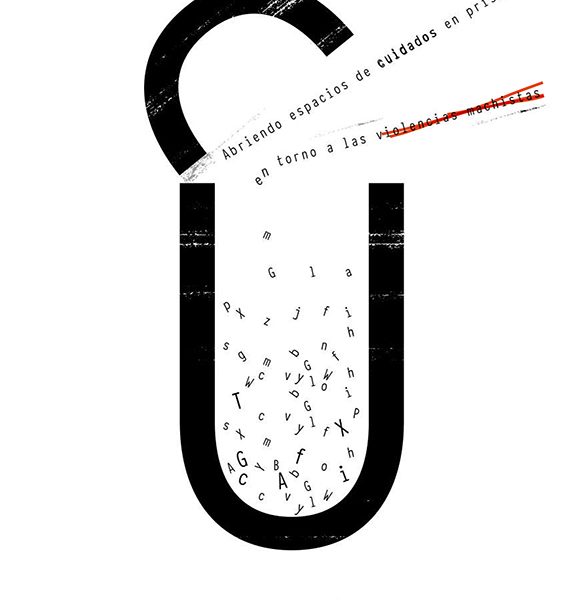
Mujer y VIH: identificación de necesidades y estrategias
«Mujer y VIH: identificación de necesidades y estrategias».
Estudio cuantitativo
La epidemia del VIH/SIDA afecta de manera desigual a hombres y mujeres en la medida que las diferencias de género determina tanto el acceso a la información y a los recursos sociosanitarios como la percepción de riesgo frente a la infección. Estas situaciones diferenciales van a derivar en los llamados factores de vulnerabilidad que propician una mayor exposición a la infección por VIH en la mujer. Es necesario tenerlos presente a la hora de abordar la prevención primaria como la secundaria y terciaria.
Aún siendo las mujeres un colectivo de especial interés en la epidemia, no se tienen datos actualizados de cuáles son sus necesidades desde una perspectiva de género. Conocer mejor las realidades con la que vivimos las mujeres seropositivas, de nuestras necesidades y limitaciones, así como analizar el contexto socio-sanitario en el que nos vemos envueltas y en el que somos tratadas, puede facilitarnos la puesta en marcha de acciones, actuaciones y estrategias que repercutan positivamente en nuestra calidad de vida y en nuestro bienestar global.
Es por ello, por lo que se consideró necesario llevar a cabo una primera fase de recogida de datos que nos proporcionara información sobre diferentes aspectos de los efectos de la epidemia en las mujeres VIH+. Para ello, se diseñó un estudio denominado “Mujer y VIH, identificación de necesidades y estrategias”.
Las áreas de análisis de este estudio se dividieron en aspectos sociodemográficos; aspectos relacionados con situación médico-clínica; aspectos psico-emocionales y aspectos socio-comunitarios. La recogida de datos se llevó a cabo preguntando directamente a las mujeres a través de un cuestionario con el fin de que fuéramos las mujeres VIH+ las narradoras de nuestra propia historia, a la vez de que con ello pudiéramos contribuir a potenciar el sentimiento de participación comunitaria.
Este proyecto ha sido realizado por las asociaciones SER POSITIVAS, y CREACIÓN POSITIVA, situadas en Madrid y Barcelona, respectivamente, y cuyos fines convergen en querer mejorar la calidad de vida de las personas seropositivas desde la perspectiva de género, y fue subvencionado por el Plan Nacional sobre el Sida, Ministerio de Sanidad y Consumo.







